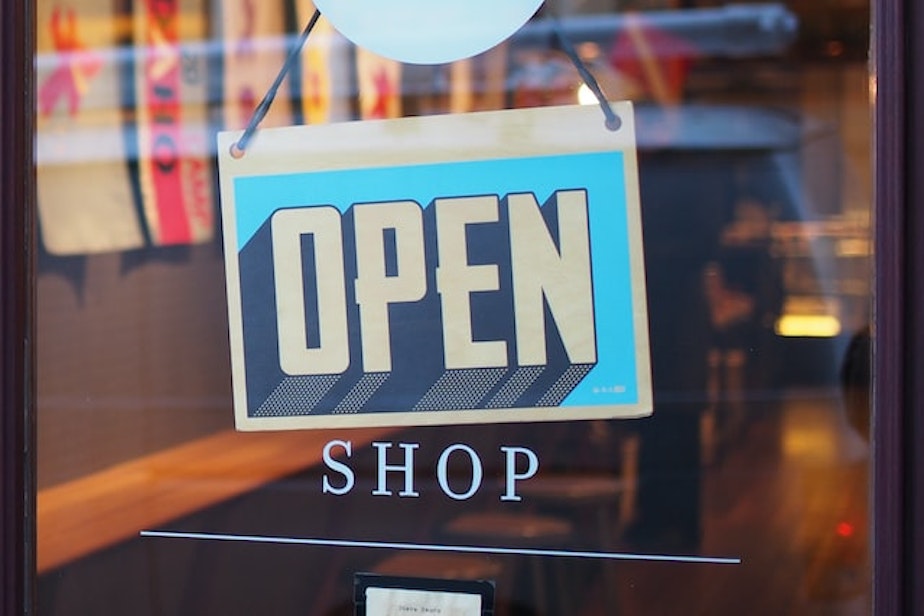Washington adopts new program to help businesses become employee-owned

Washington lawmakers want to make it easier to form businesses without bosses.
They passed a bill Wednesday that provides support and resources for companies seeking to become employee-owned.
A few different ownership structures are covered by the legislation. Companies can become co-ops — in which workers have an equal ownership stake and make decisions collectively — or they can create employee stock ownership plans.
Employee ownership was once seen as a somewhat radical idea but it’s gaining popularity among progressives who want to make workplaces more equitable.
“It's also younger business owners in their 30s and 40s who have a lot of passion for the work, they just don't like being a boss — that part of the job is something they can do without,” said John McNamara, co-director of the Northwest Cooperative Development Center. “Worker ownership creates a dynamic where they can keep the passion and then share and democratize the boss part.”
Sponsored
The new Washington Employee Ownership Program will seek federal funding for a revolving loan program to help small businesses become worker-owned. Employee-owned co-ops and trusts will be eligible for tax credits to encourage more companies to make the transition under the new legislation.
“Between those two things, it will really create a meaningful pathway for workers to be able to buy the businesses out,” McNamara said.
The state will also create a network of attorneys, investors, unions, accountants, and other resources for businesses that want to go co-op.
The legislation allows Washington to pursue federal funding authorized by independent U.S. Sen. Bernie Sanders’ Worker Ownership, Readiness, and Knowledge (WORK) Act. The WORK Act establishes a $50 million grant program to support worker ownership centers across the country. It passed in late 2022 as part of the $1.7 trillion omnibus spending bill.
Washington state has emerged as a hotbed for worker ownership, according to Christina Jennings, executive director of Shared Capital Cooperative, a firm that invests exclusively in co-ops.
Sponsored
“I'd say Seattle, and Washington state as a whole, are among the most active in various types of cooperative organizing,” she said.
Not everyone is bullish about employee ownership. Critics say it can be slow and tedious to rule by consensus. But that argument didn’t carry much weight in the state legislature — the bill passed without any objectors.
The goal of the legislation is to create more businesses like Jude’s, a Cajun restaurant and cocktail bar in Rainier Beach.
Mark Paschal, a lifelong advocate for worker ownership, bought Jude’s and converted it to a co-op during the pandemic. After six months working there, employees can pay $1,000 to become partial owners. If they leave, they sell their stake back to Jude’s. Decisions are made collectively, and employee owners vote on what to do with profits and losses.
“What co-ops have to say is, things can be different,” Paschal said. “You don't have to exploit your workers, you don't have to feel like shit because you have to fire someone. These can be collective decisions.”
Sponsored
Washington follows Colorado and California in creating a dedicated employee ownership program.
The legislation now heads to Washington Gov. Jay Inslee’s desk to be signed.




